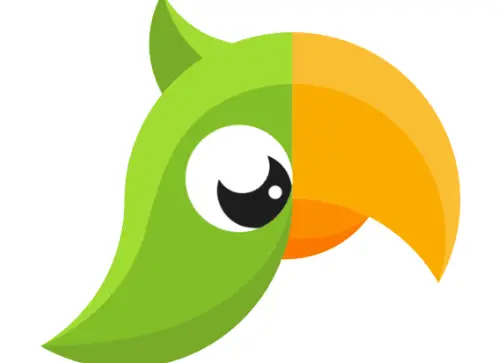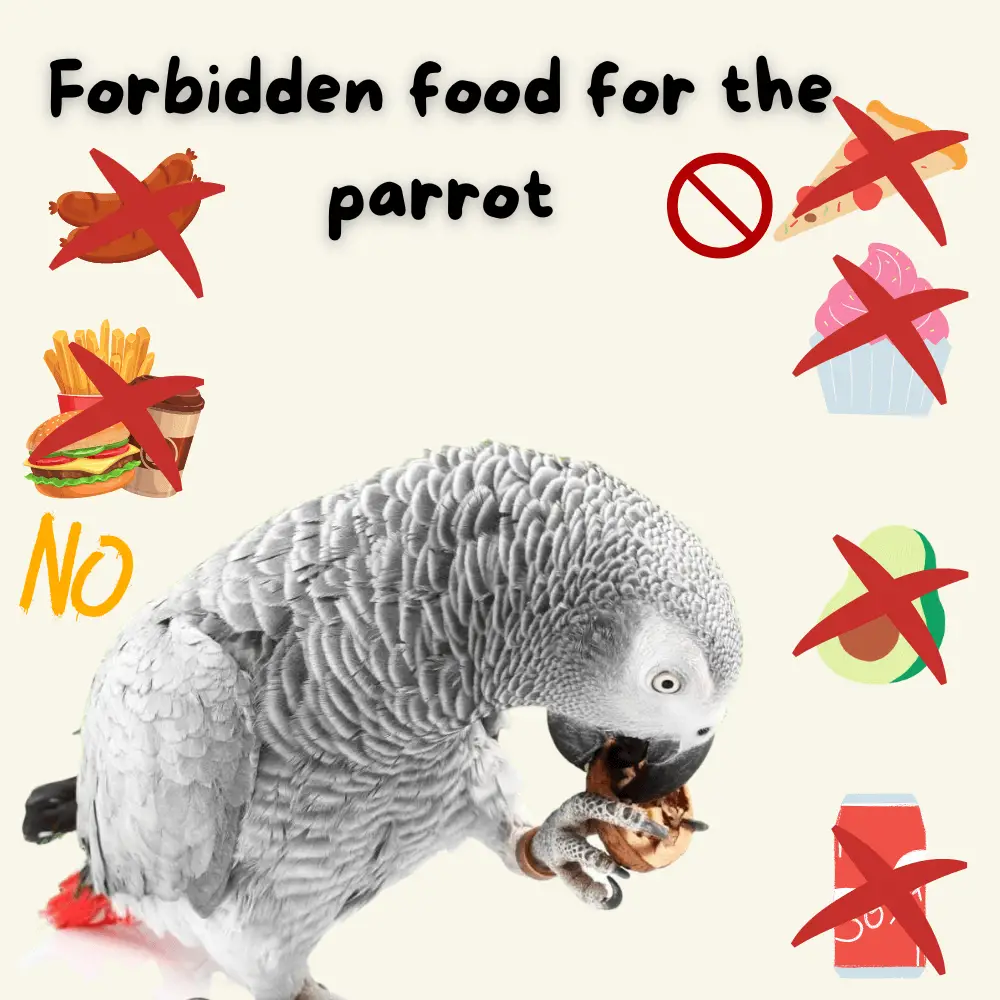Foods for parrots: Are you planning to adopt a parrot? What are the best living conditions to give him? This charming pet parrot has special needs in terms of habitat, occupation, the attention you give it, and food. His diet is varied, however, it is better to know the foods that are suitable for him and those that should not be given to him. Find out what food is forbidden for the parrot.
Best foods for parrots
The basic daily diet of a parrot consists above all of a mixture of seeds. Not only does he love seeds, but the mixes are varied enough to provide him with most of the nutrients he needs. They are composed of cereals and oilseeds. Some are species-specific, and others contain extruded pellets.
In addition, fresh produce ( fruits and vegetables ) is also an important part of the parrot’s daily food. The principle is to vary as much as possible the different plants that you give to your feathered companion. Thus, you maintain a balance in your diet and avoid it being too rich in sugar or water.
Here is a non-exhaustive list of authorized fruits : apricot, pineapple, banana, blackcurrant, cherry, strawberry, raspberry, currant, kiwi, lychee, mango, melon, papaya, watermelon, pear, apple, grape.
it is recommended to give the parrot everyday pieces of 3 different fruits that vary in terms of sugar and water content.
Here is a non-exhaustive list of authorized vegetables : beets, chard, carrots, cucumbers, squash, zucchini, spinach, parsnips, peppers, salad (not every day), and Jerusalem artichoke.
Toxic foods for parrots
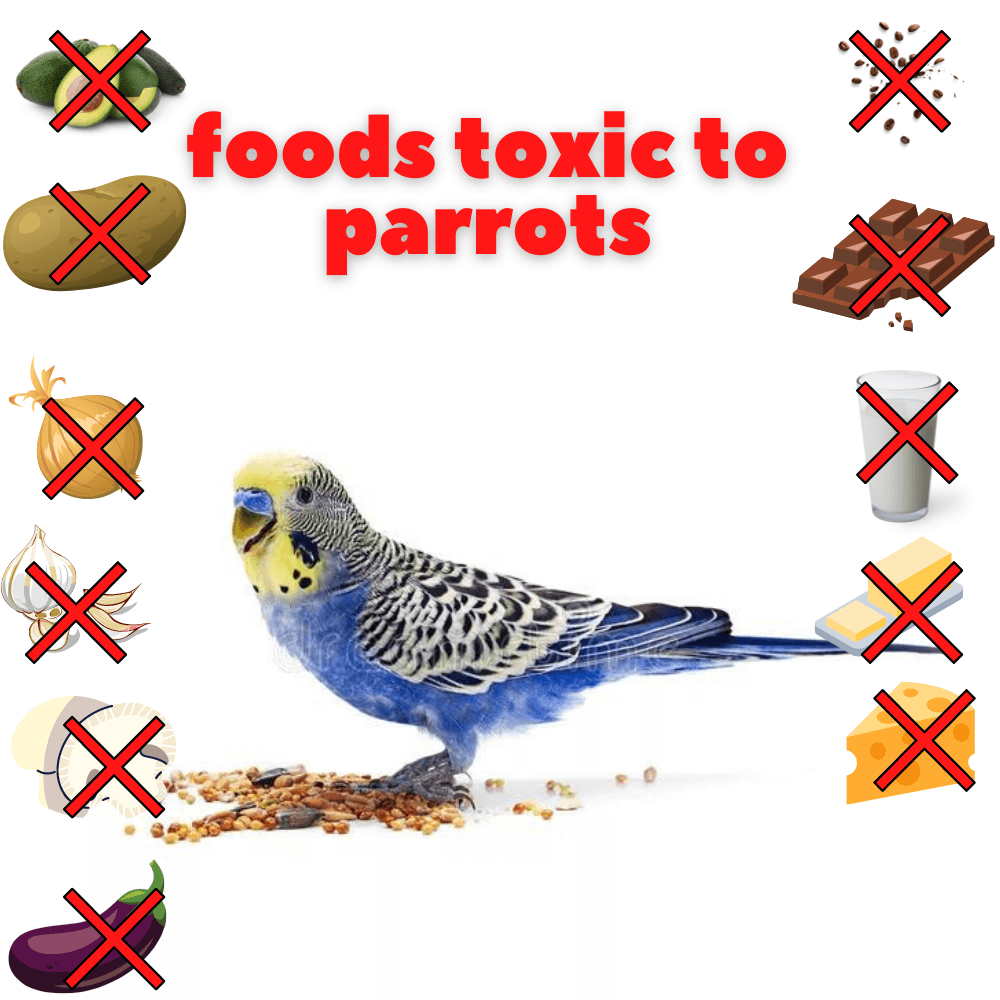
Foods for parrots
The food your parrot will consume should match its diet and be suitable for its digestive system. Thus, you will ensure that he does not eat foods that could be dangerous to his health.
Can birds eat human food?
First of all, prepared and industrial foods intended for human consumption are to be avoided. These are canned foods, leftovers from prepared meals, fried foods, meat, cold cuts, cakes, pastries and sweets (too sweet), and all foods that are too high in salt (crisps, for example).
Meat is not part of the parrot’s natural diet and it can, moreover, contain bacteria (salmonella for example). Likewise, deli meats contain too much salt and preservatives. In general, the parrot does not digest salt.
Other products that we consume are not good for the parrot. Mention may be made, for example, of chocolate, honey, coffee, or tea. Chocolate contains an element that is very toxic food, not only for the parrot but for many other animals. As for honey, it may contain bacteria that are dangerous to birds. Tea and coffee can cause nervous disorders in parrots.
Also, don’t give him a soda. It is also not recommended to give dairy products (milk, cheese, yogurt) because the parrot does not digest lactose.
Parrot Fruits and vegetables
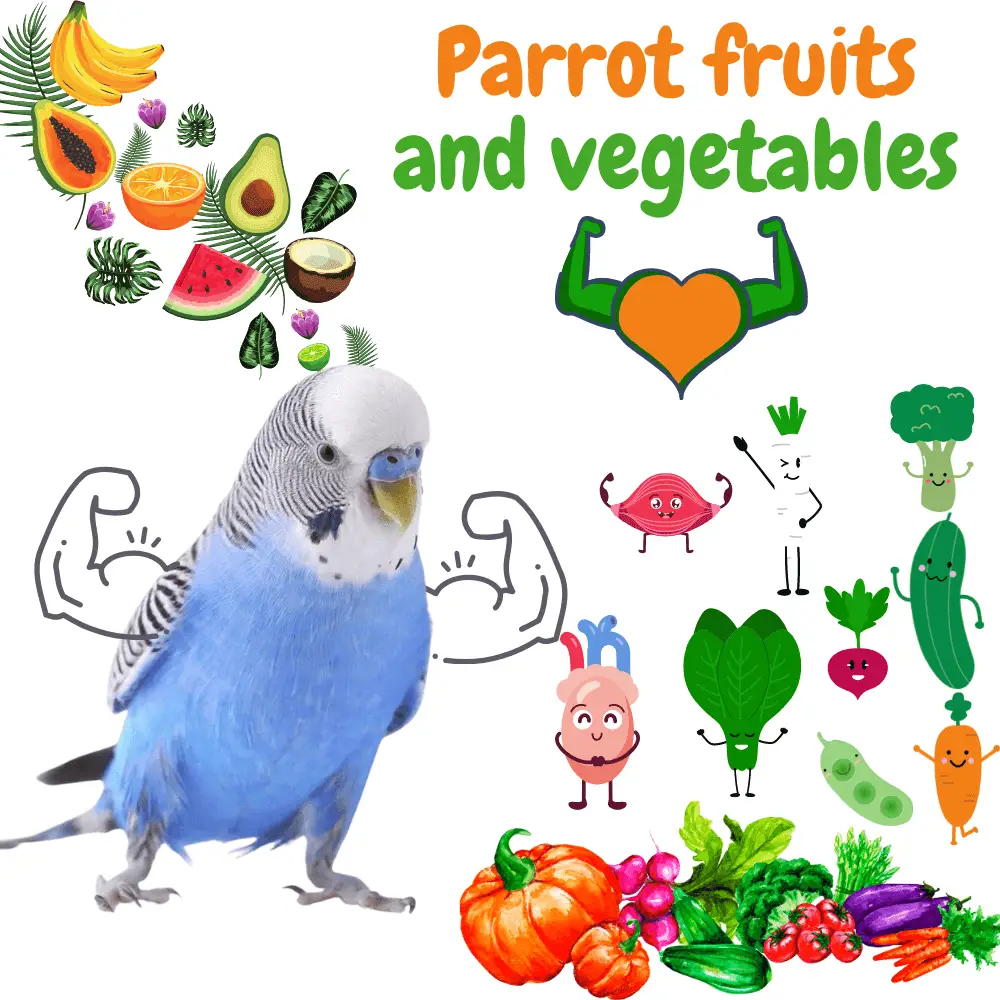
Foods for parrots
On the other hand, certain fruits, vegetables, or certain herbs are to be avoided. Indeed, they could cause serious digestive problems to the parrot that can sometimes be fatal.
These are mainly garlic, eggplant, avocado, mushrooms, cabbage, chives, coriander, shallot, bay leaves, nutmeg, onion, parsley, leek, rhubarb (causes intestinal irritation), castor seeds, and green tomatoes.
In addition, you should know that some products are harmful and contain a toxic substance for the parrot (and for other pets for that matter). These are the pits and pips contained in certain fruits.
Therefore, if you want to give your bird permitted fruits and vegetables, be sure to cut them into small pieces and remove all seeds and pits. This mainly concerns apples and pears for seeds, apricots, cherries, peaches, and plums for pits.
Foods to avoid
Among the foods that are not to be avoided but rather to be avoided are those that are high in calories. This can be, for example, peanuts or sunflower seeds, so give them sparingly.
Moreover, even if the potato itself is not toxic, certain parts are, such as the peels or the green parts (germs and eyes in particular). So if in doubt, avoid giving pieces of potato to your parrot. The list of allowed vegetables is large enough that you can do without this one!
As for citrus fruits (orange, clementine, lemon, grapefruit), they can cause diarrhea if you give them in large quantities. Your parrot will tolerate them in small quantities, occasionally and of course without the seeds!
if you want to give a treat to your bird, give preference to treats designed for parrots, which our stores offer, rather than treats from human food.
Parrot Health
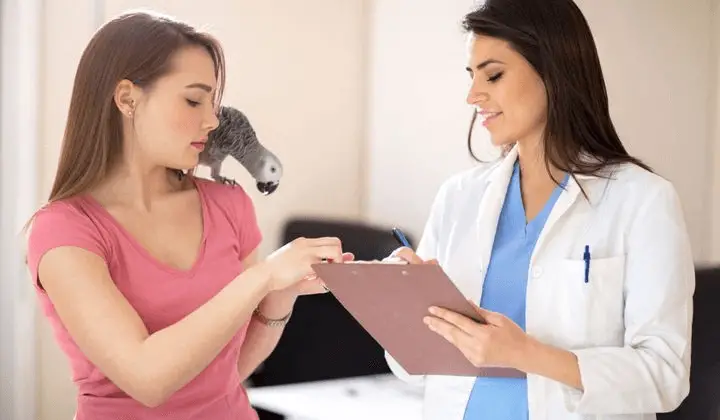
Foods for parrots
In fact, many parrot species tend to gain weight easily, including Amazons. This is especially the case when they do not do enough physical activity. Therefore, give your pet bird the most balanced diet possible and not too high in calories.
One of the aspects that will allow the bird to exert itself to a minimum is its cage and its equipment. Indeed, it must be large enough for the parrot to spread its wings and move easily. The idea is to make him exert himself outside his cage, in a room where he is not likely to hurt himself and do damage.
there are cages specially designed for parrots. You will find several models of parrot cages in our stores.
In addition, it must contain several elements that will contribute to its well-being and the maintenance of minimum activity. They include perches, a swing, and toys ! Do not hesitate to place or hang several toys. On the other hand, do not clutter the cage too much either, your parrot must be able to continue to move around in it without being embarrassed.
You will attach a water trough for your feathered friend to drink from. Be sure to renew the water every day and also clean the drinker daily, in order to avoid the proliferation of bacteria. Your parrot should always have access to clean, fresh water.
Naturally, he will have at his disposal at least 2 feeders : one for dry food and another for fresh products.
What should I do if my parrot eats prohibited food?
First, if you see him ingesting a prohibited food, quickly contact your veterinarian (NAC specialist).
If you missed the scene, there are symptoms that could put you on the path to food poisoning. They will manifest themselves as follows: diarrhea, loss of appetite, weight loss, fatigue or apathy, half-open eyes, increased water consumption, and difficulty in breathing.
These different signs may indicate a disease other than indigestion. But as soon as you notice them, make an appointment with your veterinarian. In addition, too frequent pecking (pulling off the feathers) can be the consequence of a nutritional deficiency. Again, in this case, contact a specialist.
